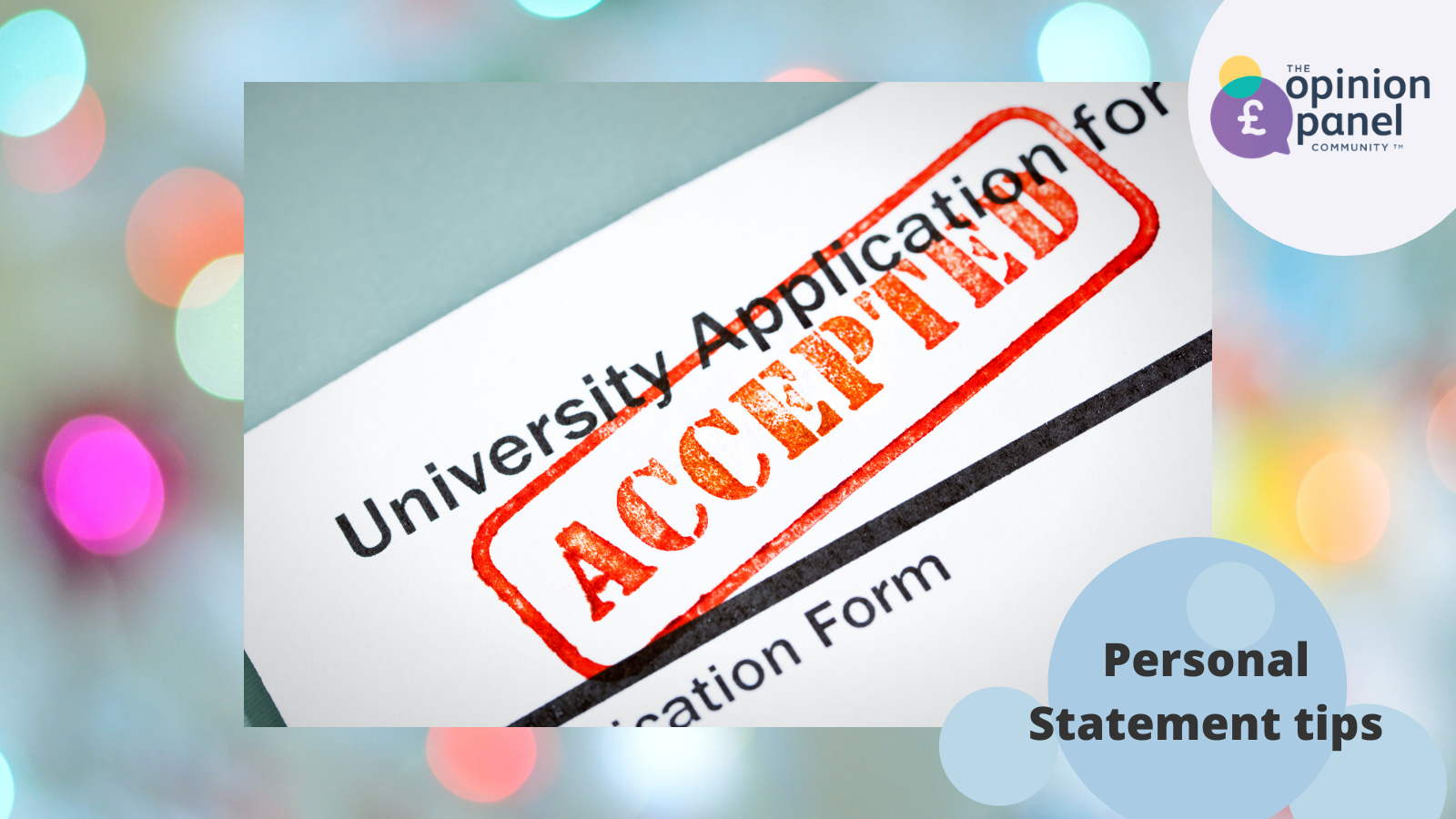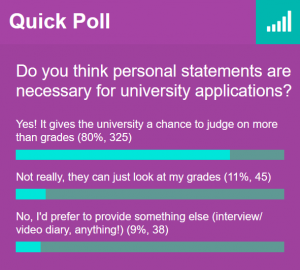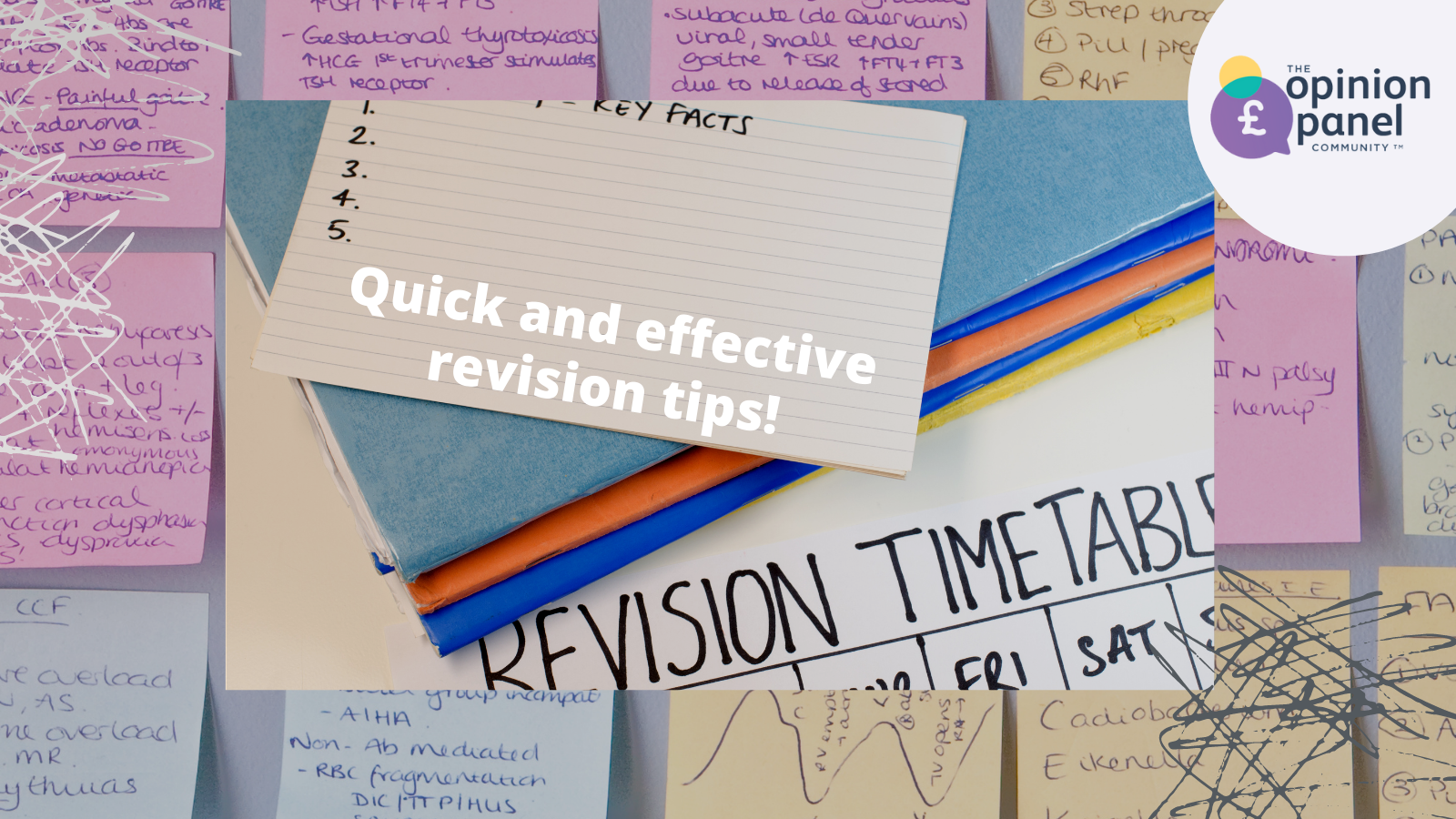
After getting onto a course that is arguably one of the most difficult in the UK, I hope to shed some light on how I wrote an impressive personal statement. Read on for my tips!
Everybody remembers the hardship and stress of writing their personal statement. But most also remember how proud it made them when they were finally finished. Everyone starts just as equally confused and stressed as the next person, relying on a hundred different sources to try to piece together a personal statement good enough for where they are applying.
1.Key is in the name: It needs to be personal and a statement! 
Firstly, the most important thing to understand is that everything about a personal statement is in the name; it has got to be PERSONAL to you and is a STATEMENT about why you are a worthy applicant for the course you have chosen. If this is the only thing you take away from this article you are already doing better than some.
2.Structure is important 
Secondly, formatting and flow of the personal statement have as big a role as the content. The first section has got to capture the person reading it, much like the opening of a book. You need to tell them why you’re a good candidate, why you are interested in the course and why they should give you an interview or a place. It has got to make the admissions team want to continue reading, and want to learn more about you. The middle section should be about work experience, the initiative you have shown outside of school and academic interests. The last part should cover other bits about you including your character and basic information that might not fit anywhere else. Also try and end on a good line, something that brings them back to why you are a good candidate for the course.
3.The aim is to sell yourself, and how great you are 
Moreover, a personal statement is all about how you sell yourself. On average people recommend 80% of the 4000 characters is about your academic interests, abilities and achievements. This can include everything from work experience to how you have kept up with any current news or research in the field. For each of the weeks of work experience completed try to write at least three lines about what you learnt from it, how it benefited you or how interesting and motivating it was to be a part of. Also, for the placements that were particularly enthralling I would recommend writing about specific cases you saw.
Even if you have done work experience in an area that is not directly related to what you want to study, you can still use it to demonstrate any life skills that you have acquired. Many skills like time management, organisation, customer service etc. are relevant to many courses. For most degrees however, work experience is not a requirement so you can also use this section to talk about any extra curricular activities, positions of leadership you’ve upheld or wider reading you have undertaken. When mentioning these make sure to link them back to why you should be selected by the admissions team. Think about the qualities they helped you develop and this will benefit you at university.
4.Showcase that passion! 
Additionally, one surprising thing a lot of personal statements lack is a clear demonstration of the individuals PASSION. Shocking as it is, many personal statements end up lacking emotion. The writer is more focused on trying to showcase all their achievements. The admissions team who will read your personal statement will be employed in the field you wish to work in. They see thousands and thousands of personal statements every year; so you have to make your one stand out from the crowd.
5.Keep at it! 
Finally, a finished personal statement is just the first draft. It’s extremely important to have other people look over it and give you feedback. Often you can become ‘snow-blind’ to your work and not manage to pick up on mistakes. While you should value advice given to you, remember that at the end of the day your personal statement still has to represent you. Feedback is important but it still needs to be your writing. It should represent you, not people who advised you! Ultimately, multiple versions of your personal statement is ok (I had 17!).
Best of luck!
In our latest poll, we asked you…

Be sure to go answer the poll on our Community page!
To all those applying to university, good luck with writing your personal statements! Hopefully Francesca’s tips will be beneficial to you!
If you enjoyed this article, you may also enjoy the following, where Loren gives her tips to help you choose the path that’s right for you!:
Click here if you’d like to know more about sending your article through to us to be published. Remember, if your article is the most popular of the month, you’ll win £50!






I think…your comments and articles are really good
I think…The posts and articles you share are very successful. congratulations.
I think…your articles are very good and your blog site is reaally good
I think…yoou areee best, very nicee blog your amazinng site.
I think…yoou are besst, very nicee blog your amazing site.
I am going to university this year and words can’t even explain how terrified I was when I has to start working on my personal statement. Don’t panic is not as difficult as it may seem, all you need to do is impress the University with your capabilities and also why they should choose you. Always remember that a lot of people may have applied for the same Uni you are applying for and therefore, you need to make sure your application stands out, grades don’t really matter, it mostly [...]
Read more
I think this article is effective if somebody needed help writing a UCAS personal statement.
You made several nice points there. I did a search on the matter and found nearly all folks will agree with your blog.
I really like the tips
It is really clear as well
I think…you are best, very nicee blog yoour amazing site.